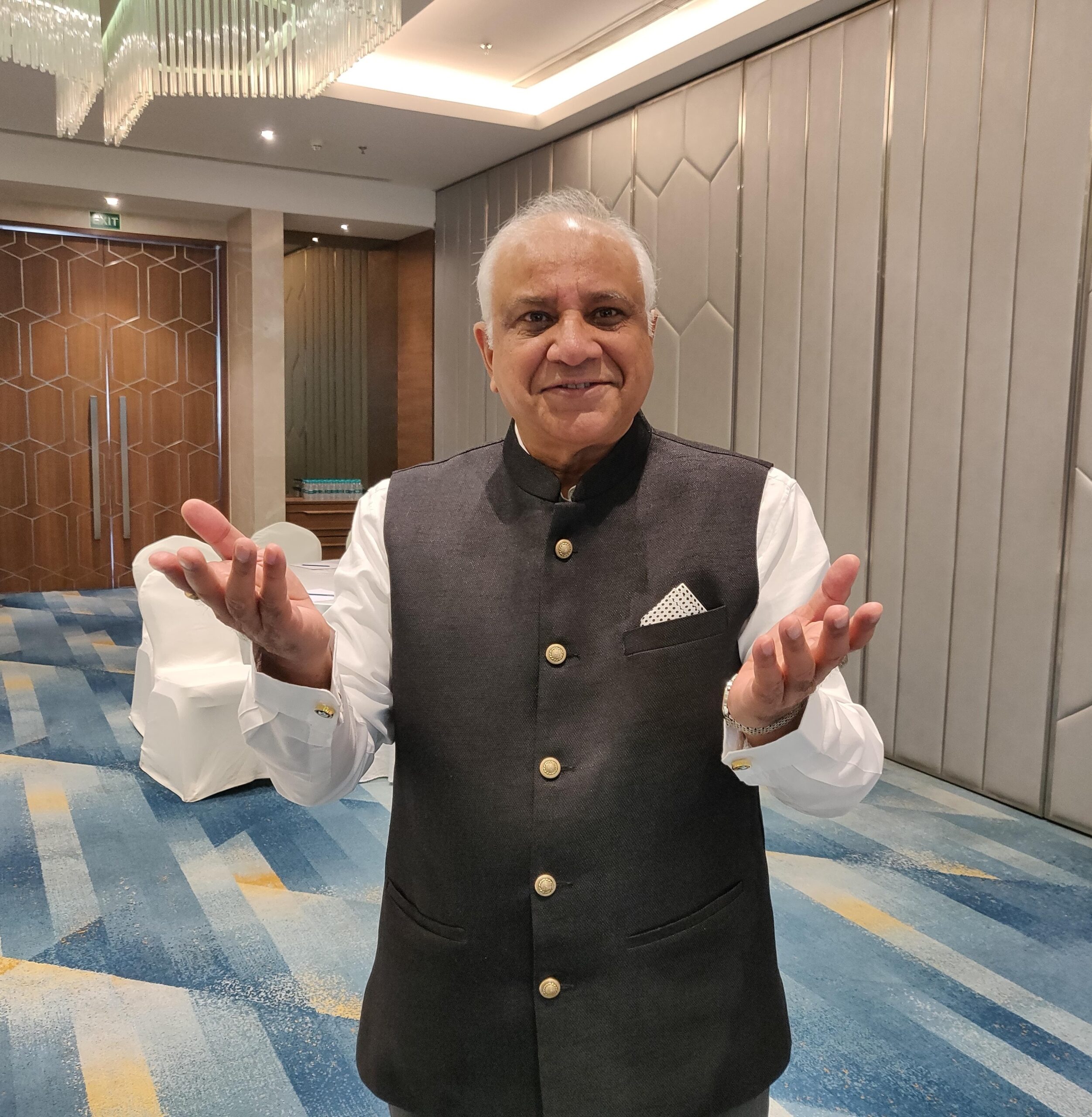At some point in your career as a manager, you may have an opportunity to consider hiring an executive coach. This high-level coaching can provide a great opportunity for development, but it might not be familiar to you. Here are 10 things to know about executive coaching.
What Executive Coaching Is
An executive coach is a qualified professional that works with individuals (usually executives, but often high-potential employees) to help them gain self-awareness, clarify goals, achieve their development objectives, unlock their potential, and act as a sounding board. They are not consultants or therapists (although many have consulting or therapist backgrounds) and usually refrain from giving advice or solving their clients problems. Instead, they ask questions to help executives clarify and solve their own problems.
What Executive Coaches Do
Executive coaches provide a confidential and supportive sounding board for their clients. They ask questions, challenge assumptions, help achieve clarity, provide resources, and yes, sometimes, with permission, provide advice. They often administer and help interpret 360-degree and behavioral assessments, conduct confidential interviews to help a client gain self-awareness, and establish development goals.
What It Takes to Become an Executive Coach
Unfortunately, (or perhaps, fortunately, if you are interested in being a coach), becoming a coach doesn’t require much. Just about any retired executive, consultant, ex-HR or training practitioner, or therapist can call themselves an executive coach. There is no formal or required certification, although many have turned to the International Coach Federation (ICF) to become certified.
Who Hires Executive Coaches
Companies used to hire executive coaches to come in and fix broken executives. Nowadays, most companies hire executive coaches as a way to invest in their top executives and high potentials. It’s no longer a stigma to have a coach; it’s a status symbol. While executives can hire their own coaches (usually CEOs or business owners), it’s more common for companies (often the human resources department) to recommend a coach to an executive as a part of an executive development program. The pupil could be newly promoted (transition coaching), be facing a number of challenges (usually involving employee relationships), or getting groomed for larger roles. And yes, coaches are still hired to correct behavioral problems and help leaders resolve interpersonal conflicts.
What the Typical Coaching Process Looks Like
While there are many variations, executive coaching usually involves a series of phases, starting with intake, assessment, goal setting, and development planning. It then progresses through the development plan with periodic check-ins with the executive’s manager. The process is over when the development goals are achieved, or when the coach or pupil decides that it should stop. The typical duration of a coaching engagement is 6 to 12 months.
The Confidentiality of Executive Coaching
Conversations between a coach and their pupil are completely confidential. If an organization is paying for the coaching services, they may receive periodic status updates (dates, milestones achieved, etc.), but nothing else is shared without the participants permission.
Where Executive Coaching Happens
Face-to-face is ideal, given that so much of communication is non-verbal and face time helps in building rapport initially. It’s becoming more common to coach virtually over the phone or video chat.
When Not to Hire an Executive Coach
An executive or manager should not hire a coach if:
- They don’t believe they need coaching, are not interested in feedback, and don’t believe they need to change (or don’t want to).
- They are looking for business advice or consulting, i.e., someone to solve their problem for them.
- Executive coaching is only a last-ditch “Hail Mary”— a token attempt to fix a failing executive who is already on their way out the door.
- The executive is not at the appropriate level in the organization to justify the expense of coaching.





